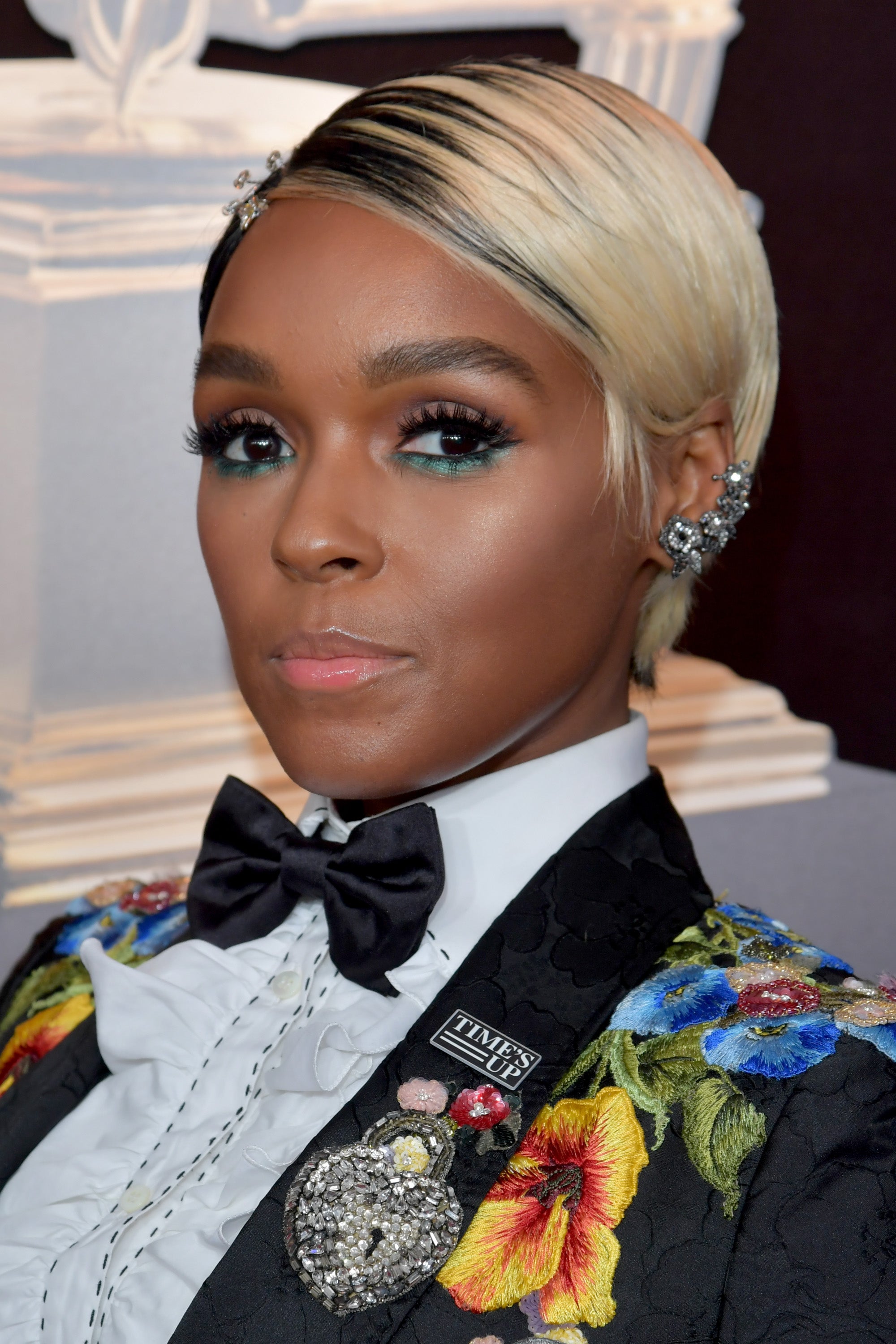
Janelle Monáe declared herself pansexual in a new interview with Rolling Stone, putting to rest many years of speculation surrounding her sexuality.
“Being a queer Black woman in America, someone who has been in relationships with both men and women – I consider myself to be a free-ass motherf-cker,” she said a few days before the release of her highly-anticipated third album Dirty Computer.
Within hours, “pansexual” became the most-searched term on Merriam-Webster in the last 24 hours, the dictionary platform tweeted on Thursday.
According to Merriam-Webster, pansexuality is sexual desire or attraction that is not limited to people of a particular gender identity or sexual orientation. This can include those who identify as transgender, non-binary, intersex and more.
Monae had said that she first identified as bisexual, but has since evolved to pansexual once she became familiar with the definition.
“I read about pansexuality and was like, ‘Oh, these are things that I identify with too.’ I’m open to learning more about who I am,” she explained.
GLAAD, which labels pansexuality under the bisexuality umbrella, explains it as: “While being bisexual means being attracted to more than one gender, being pansexual means being attracted to all gender identities, or attracted to people regardless of gender.”
Sexologist Carol Queen explained to Teen Vogue that “pansexual people do not desire everybody, they just don’t rule a person out because of gender.”
A number of well-known people have come out as pansexual in recent years including rapper Angel Haze and Miley Cyrus. Teen transgender activist Jazz Jennings also identified herself as pansexual. “Being pansexual basically means to me that you are attracted to anyone, no matter their sex, sexual orientation, gender, gender identity, everything. There’s no limits,” Jennings told Cosmopolitan in 2015.
Many are praising Monae for her revelation because, according to activists, visibility matters within the LGBTQ community.
“We know that LGBT visibility has an effect on confidence and wellbeing in LGBT communities, and LGBT people of colour are especially underrepresented in mainstream culture,” Laurence Webb of the LGBT foundation told The Independent, “so Monáe coming out is a significant moment for many LGBT people of colour as well as for all those who are questioning their sexual orientation or gender identity.
For Monae’s part, she hopes that her news will help future generations of kids:
“I want young girls, young boys, nonbinary, gay, straight, queer people who are having a hard time dealing with their sexuality, dealing with feeling ostracized or bullied for just being their unique selves, to know that I see you,” she says. “This album is for you. Be proud.”